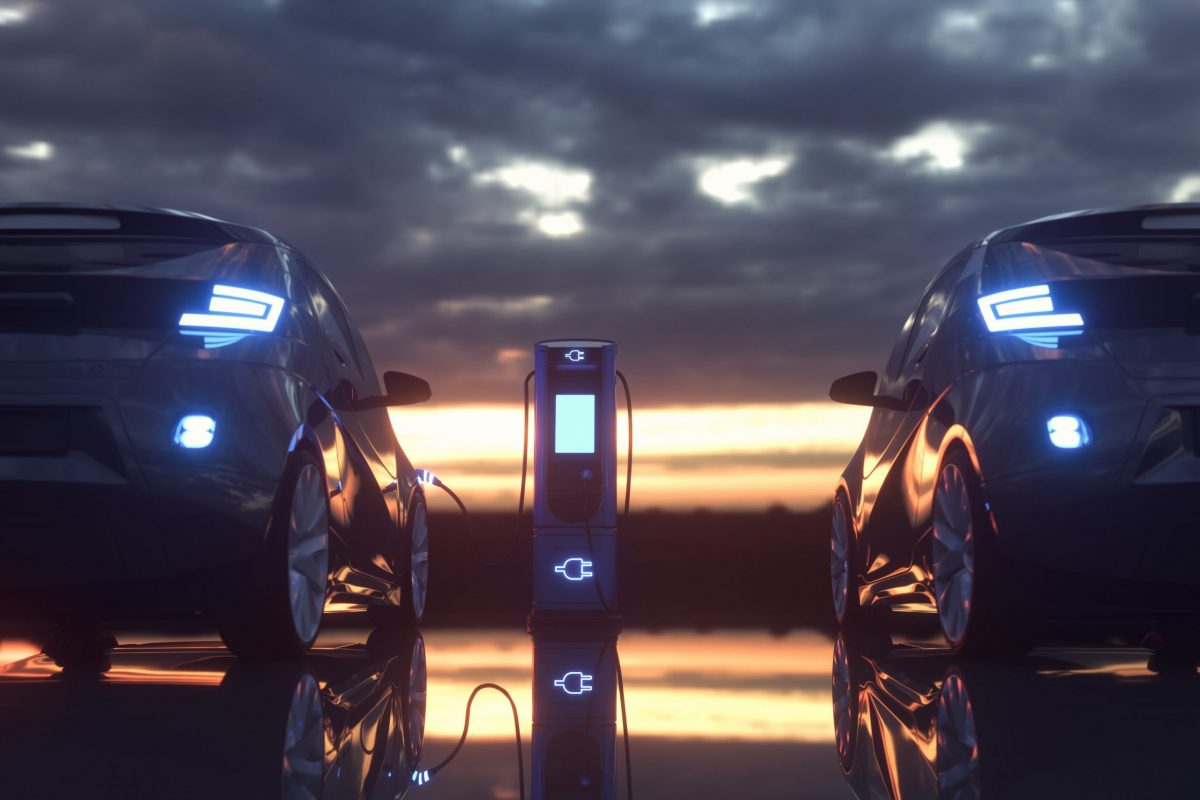Manufacturer dispenses with rare earths, but there’s a catch.
German automotive supplier ZF Friedrichshafen AG has developed an electric motor without rare earth magnets that is said to have similar performance to the most powerful models to date, which rely primarily on neodymium.
According to ZF, the company has succeeded in compensating for previous design-related disadvantages of the separately excited synchronous motor (FSM), thus making them more competitive. The energy is transferred inductively, i.e., without contact, to the rotor, which generates a magnetic field using coils. The motor is thus more compact and efficient than common FSM systems, ZF writes. The company says that dispensing with rare earths reduces the CO2 footprint in manufacturing and dependencies in the supply chains.
Imports of Raw Materials Unavoidable in the Medium-Term
However, the dependence on exports will not end with the renunciation of rare earths. For example, ferrosilicon alloys such as silicon steel are used in the components of electric motors. According to the U.S. Geological Survey (PDF), global production is dominated by China, followed by Russia and Norway. Then there are the copper coils, essential for generating rotary motion. Copper production is also highly concentrated, with Chile, Peru, and China accounting for nearly half of the global output, according to the German Federal Institute for Geosciences and Natural Resources (PDF). The country’s concentration is even more pronounced for raw materials used in vehicle batteries. According to the German Mineral Resources Agency (PDF), the supply of the necessary cobalt depends primarily on the Democratic Republic of Congo, while lithium production, in turn, is dominated by Australia. The material is then shipped to China for battery-grade lithium carbonate and hydroxide processing.
Photo: iStock/solarseven


